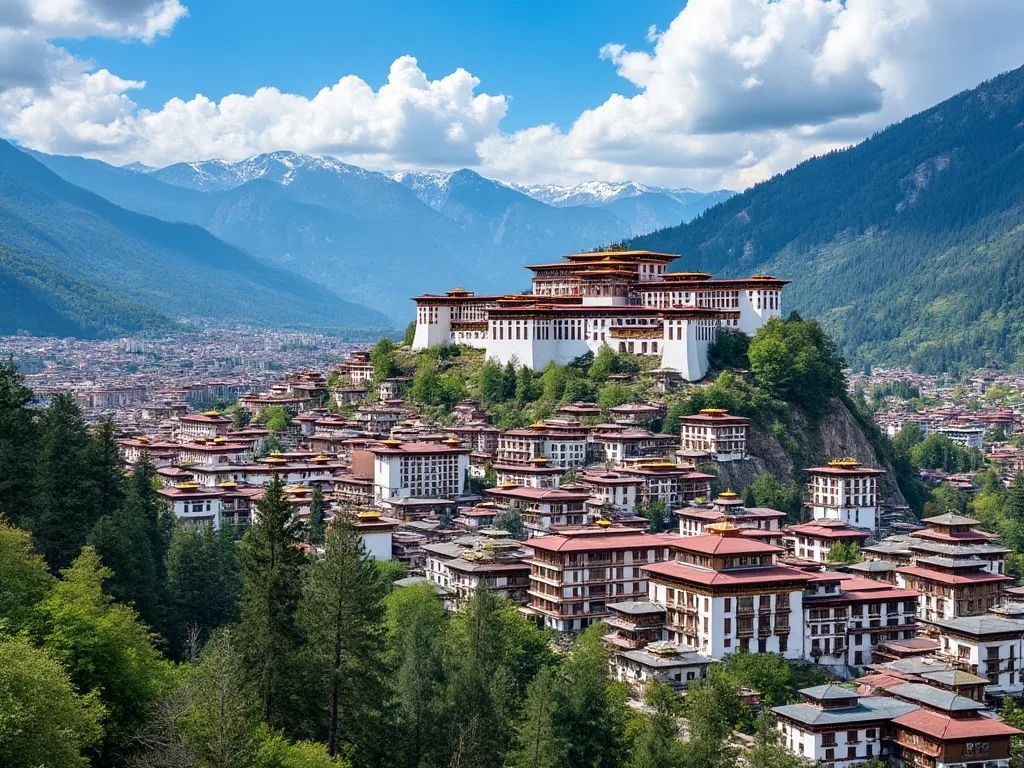
Thimphu is the capital and largest city of Bhutan, a small country located in the Himalayas between India and China. Thimphu is a unique blend of traditional and modern culture, with a rich history and stunning natural beauty.
Thimphu information
| Country | 🇧🇹 Bhutan |
| City Population | 104,000 (2020 estimate) |
| City Coordinates | 27.47°N 89.63°E |
| City Area | 1,841 km² (711 sq mi) |
| Climate | Humid subtropical climate (Cwa) |
| Language | Dzongkha (official), Nepali, English |
| Currency | Bhutanese ngultrum (BTN) |
| Time zone | BTT (UTC+6) |
| Proximity to other major cities | 120 km (75 mi) from Paro, 220 km (137 mi) from Phuentsholing |
Interesting facts about Thimphu
- Thimphu is one of the highest capital cities in the world, with an elevation of over 2,300 meters (7,500 ft) above sea level.
- The city has a unique traffic system, with no traffic lights. Instead, police officers direct traffic using hand signals.
- Thimphu is home to the largest Buddha statue in the world, the Buddha Dordenma, which stands over 51 meters (167 ft) tall.
Tourist attractions in Thimphu
- Tashichho Dzong: a beautiful Buddhist monastery and fortress that serves as the seat of government.
- National Memorial Chorten: a beautiful stupa dedicated to the third king of Bhutan.
- Buddha Dordenma: the largest Buddha statue in the world, standing over 51 meters (167 ft) tall.
- Thimphu Tshechu: a colorful festival that showcases traditional music, dance, and art.
Historical background of Thimphu
Thimphu has a long and storied history, dating back to the 13th century when it was a small village. In 1955, the government of Bhutan decided to move the capital from Punakha to Thimphu, and the city has since grown into a thriving metropolis. Thimphu is home to many important landmarks, including the Tashichho Dzong, a beautiful Buddhist monastery and fortress that serves as the seat of government.
Geographical location of Thimphu
Thimphu is located in the western part of Bhutan, in the Himalayas mountain range. The city is situated in a valley, surrounded by mountains and rivers. The climate in Thimphu is humid subtropical, with mild winters and cool summers. The city is connected to other major cities in Bhutan by road and air.
Cultural significance of Thimphu
Thimphu is a city steeped in culture and tradition. The city is home to many important Buddhist landmarks, including the National Memorial Chorten, a beautiful stupa dedicated to the third king of Bhutan. Thimphu is also home to many festivals and celebrations throughout the year, including the Thimphu Tshechu, a colorful festival that showcases traditional music, dance, and art.
Economic importance of Thimphu
Thimphu is the economic hub of Bhutan, with a growing economy based on tourism, agriculture, and hydropower. The city is home to many businesses and industries, including textile manufacturing, food processing, and construction. Thimphu is also a major center for trade and commerce, with connections to other major cities in the region.
Conclusion on Thimphu
Thimphu is a unique and fascinating city, with a rich history, stunning natural beauty, and a blend of traditional and modern culture. The city is a must-visit destination for anyone interested in culture, history, and natural beauty. Whether you're interested in exploring the city's landmarks, attending a festival, or simply experiencing the local culture, Thimphu has something to offer for everyone.
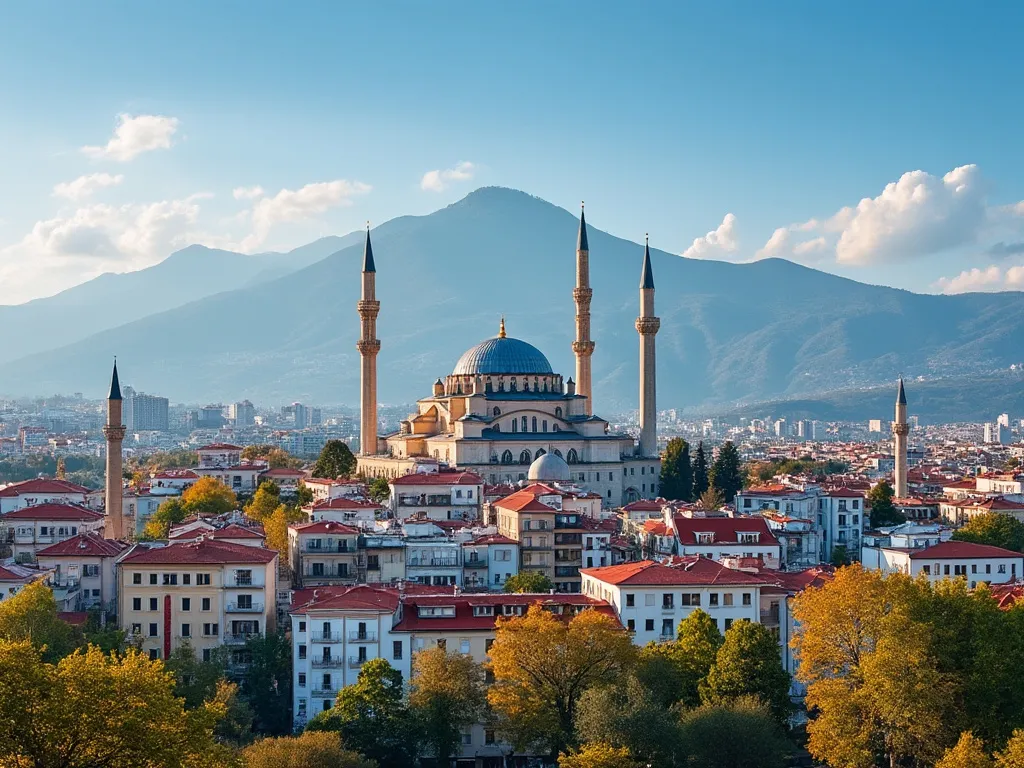 Tirana
Tirana
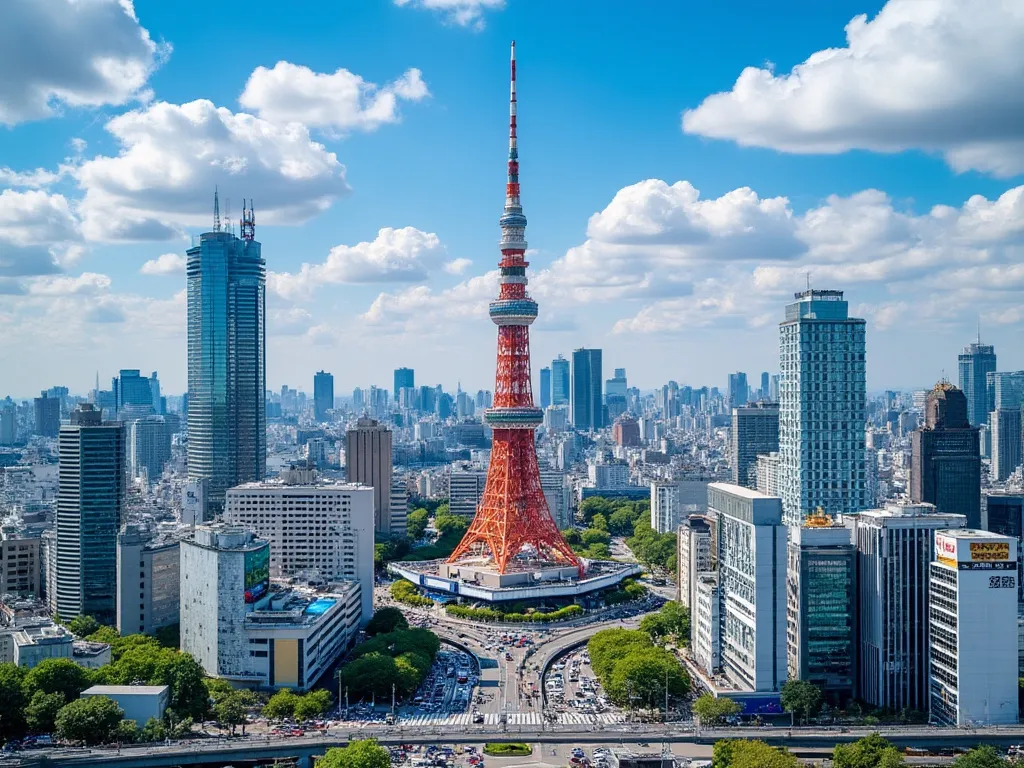 Tokyo
Tokyo
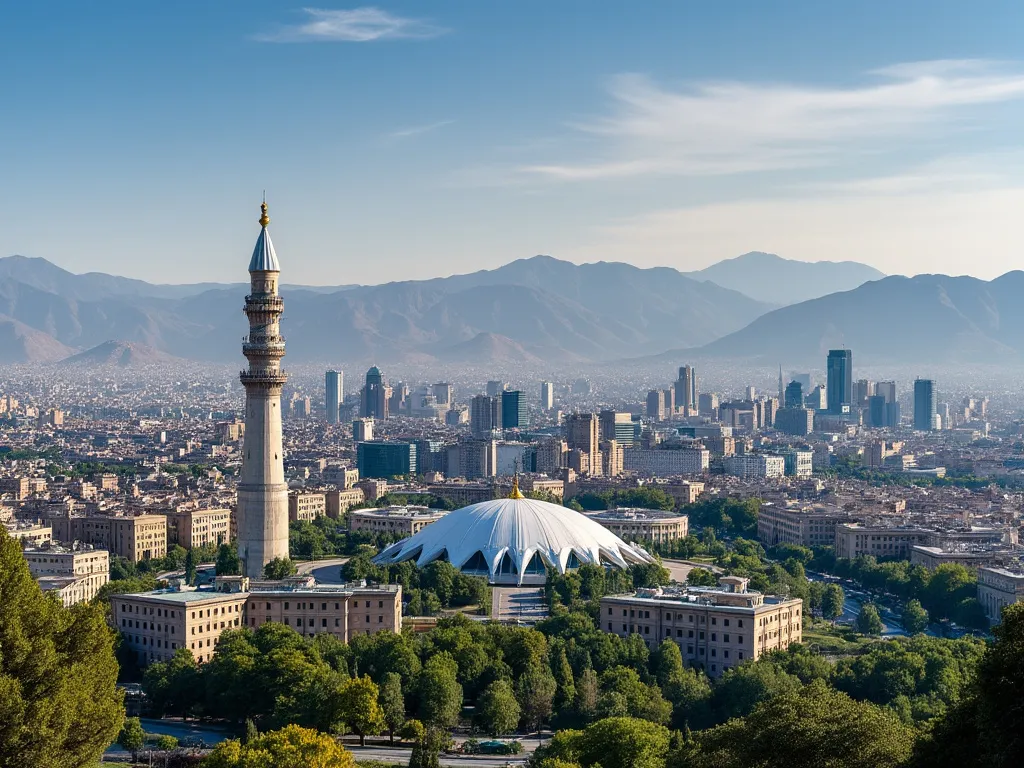 Tehran
Tehran
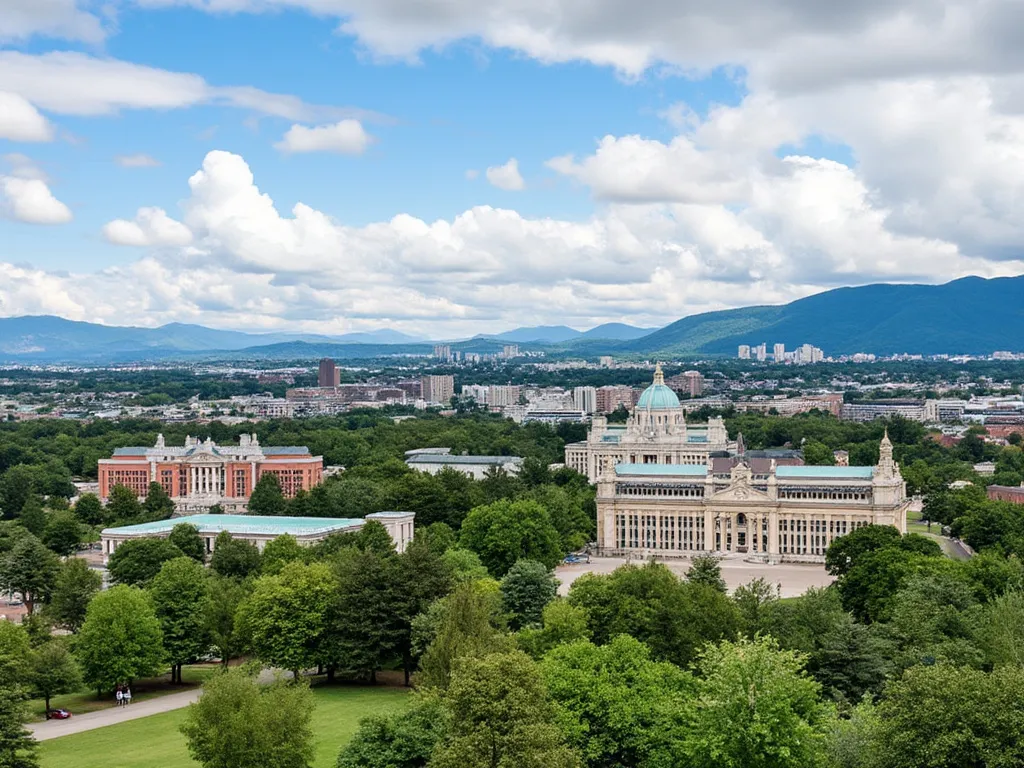 The Valley
The Valley